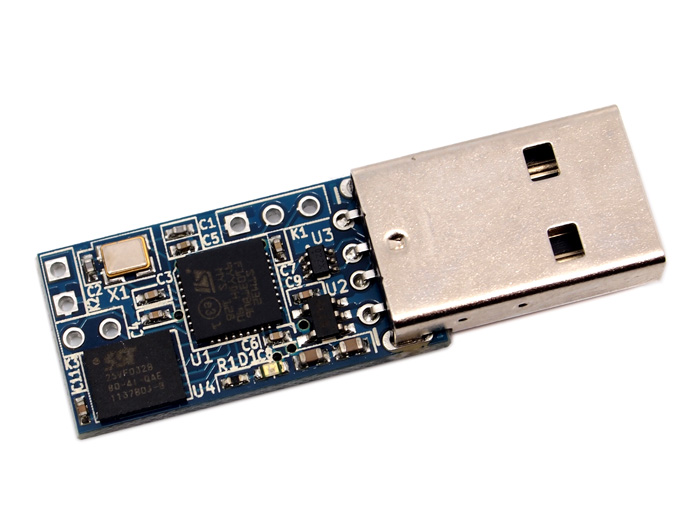I have created a new OpenPGP key and will be transitioning away from my old key. If you have signed my old key, I would appreciate signatures on my new key as well. I have created a transition statement that can be downloaded from https://josefsson.org/key-transition-2019-03-20.txt.
Below is the signed statement.
-----BEGIN PGP SIGNED MESSAGE-----
Hash: SHA512
OpenPGP Key Transition Statement for Simon Josefsson <simon@josefsson.org>
I have created a new OpenPGP key and will be transitioning away from
my old key. The old key has not been compromised and will continue to
be valid for some time, but I prefer all future correspondence to be
encrypted to the new key, and will be making signatures with the new
key going forward.
I would like this new key to be re-integrated into the web of trust.
This message is signed by both keys to certify the transition. My new
and old keys are signed by each other. If you have signed my old key,
I would appreciate signatures on my new key as well, provided that
your signing policy permits that without re-authenticating me.
The old key, which I am transitioning away from, is:
pub rsa3744 2014-06-22 [SC]
9AA9 BDB1 1BB1 B99A 2128 5A33 0664 A769 5426 5E8C
The new key, to which I am transitioning, is:
pub ed25519 2019-03-20 [SC]
B1D2 BD13 75BE CB78 4CF4 F8C4 D73C F638 C53C 06BE
The key may be downloaded from: https://josefsson.org/key-20190320.txt
To fetch the full new key from a public key server using GnuPG, run:
gpg --keyserver keys.gnupg.net \
--recv-key B1D2BD1375BECB784CF4F8C4D73CF638C53C06BE
If you already know my old key, you can now verify that the new key is
signed by the old one:
gpg --check-sigs B1D2BD1375BECB784CF4F8C4D73CF638C53C06BE
If you are satisfied that you've got the right key, and the User IDs
match what you expect, I would appreciate it if you would sign my key:
gpg --sign-key B1D2BD1375BECB784CF4F8C4D73CF638C53C06BE
You can upload your signatures to a public keyserver directly:
gpg --keyserver keys.gnupg.net \
--send-key B1D2BD1375BECB784CF4F8C4D73CF638C53C06BE
Or email simon@josefsson.org (possibly encrypted) the output from:
gpg --armor --export B1D2BD1375BECB784CF4F8C4D73CF638C53C06BE
If you'd like any further verification or have any questions about the
transition please contact me directly.
To verify the integrity of this statement:
wget -q -O- https://josefsson.org/key-transition-2019-03-20.txt | gpg --verify
/Simon
-----BEGIN PGP SIGNATURE-----
iQIHBAEBCgAdFiEEmqm9sRuxuZohKFozBmSnaVQmXowFAlyT8SQACgkQBmSnaVQm
XoxASQ6fUqFbueRikTu5Mp8V/J6BUoU94coqii3Pd15A2Kss9yzXpt+6ls5gpwzE
oxOubhxtFZ2WqNxVXwV/8e/48XDbDyy7WWh6Ao+8wQl+zl5CU8KUhM5zhUVR0BS4
IfTTs/JudrJASCocEPvRyuJ9cdhn66KCqleWIC+SEzPoxo+E941FxYUhHpL1jSul
ln1TR/0SGhSx19Cy6emej26p1Hs+kwHaiTo8eWgdQAg/yjY7z0RQJ1itVwfZaPJn
Ob2Bbs082U1Tho8RpjMS1mC9+cjsYadbMBgYTJ6HLkQ4xjuTFS021eWwdd0a39Pd
f4terKu+QT6y3FoQgQE8fZ+eaqEf5VLqVR/SxSR36LcrCX3GhBlEUo5RvYEWdRtd
uyBKR60G8zS0yGfDrsGjRT2Rag3B5rBbjml4Tn9nijG1LACeTci828y5+JykD7+l
l3kzrES90IOUwvrNQg9QyJxOJJ/SsZw2dcHEtltfg0o9nXxQqQQCA4STUSTLlf6p
G6T2+vd6LVYD5Zs6e4iutcvEpUzWYCvOC4RI+YMHrMU/nP44sgfjm4izx5CaKPH8
/UwQNhiS/ccsxMwEgnYTXi8shAUwA9gd6/92WVKCIMd5BpBi7JZ7QSoRiHUEARYK
AB0WIQSx0r0Tdb7LeEz0+MTXPPY4xTwGvgUCXJPxJAAKCRDXPPY4xTwGvuxpAQDn
Ws6Hn0RBqKyN5LJ4cXt55FDhaFpeJh7ZG4sHEdn3bAD/ags7v19305cAkvpbSEdX
MJoESOiUD1BwNTihVH9XBwc=
=r0qK
-----END PGP SIGNATURE-----




